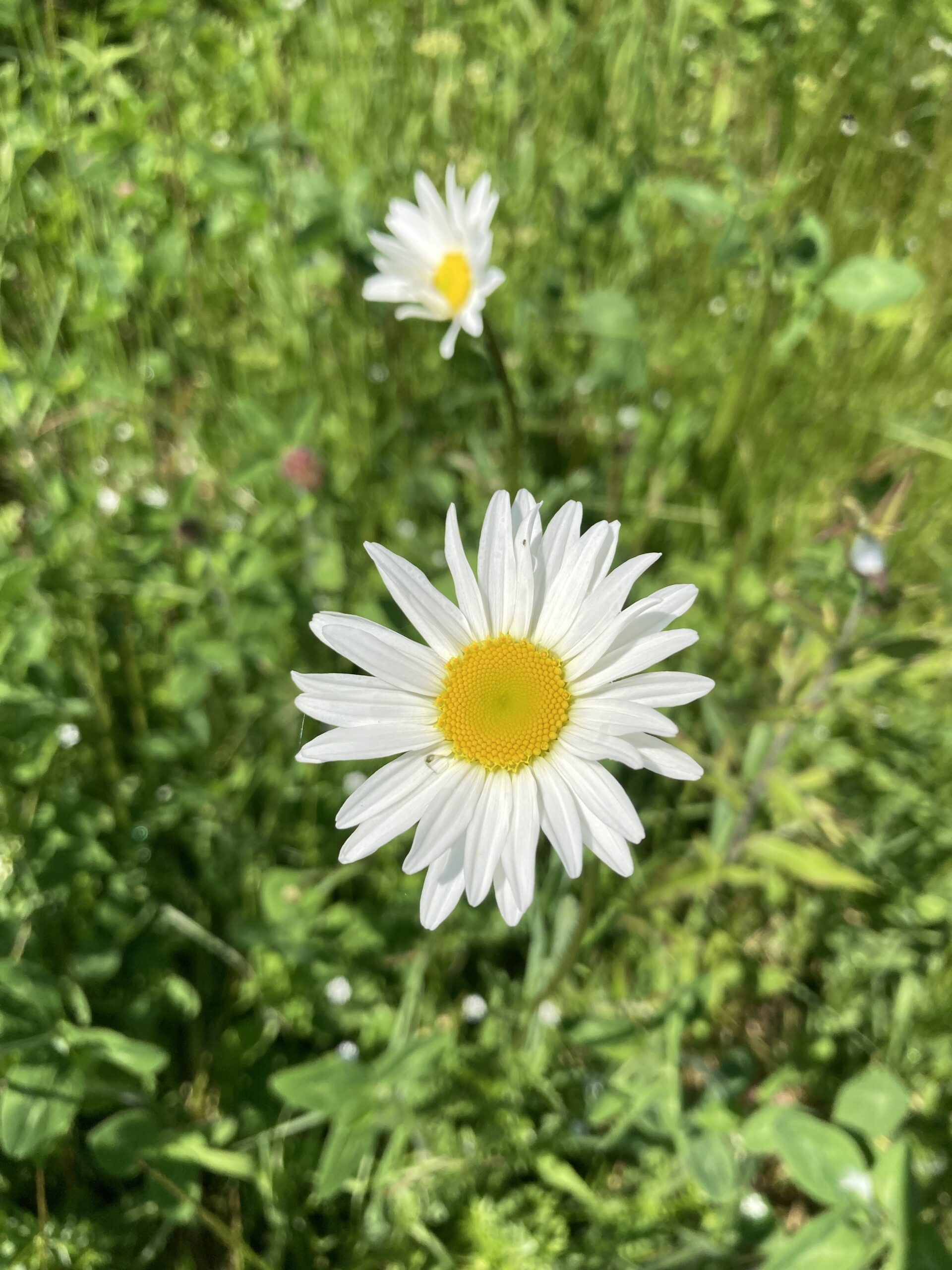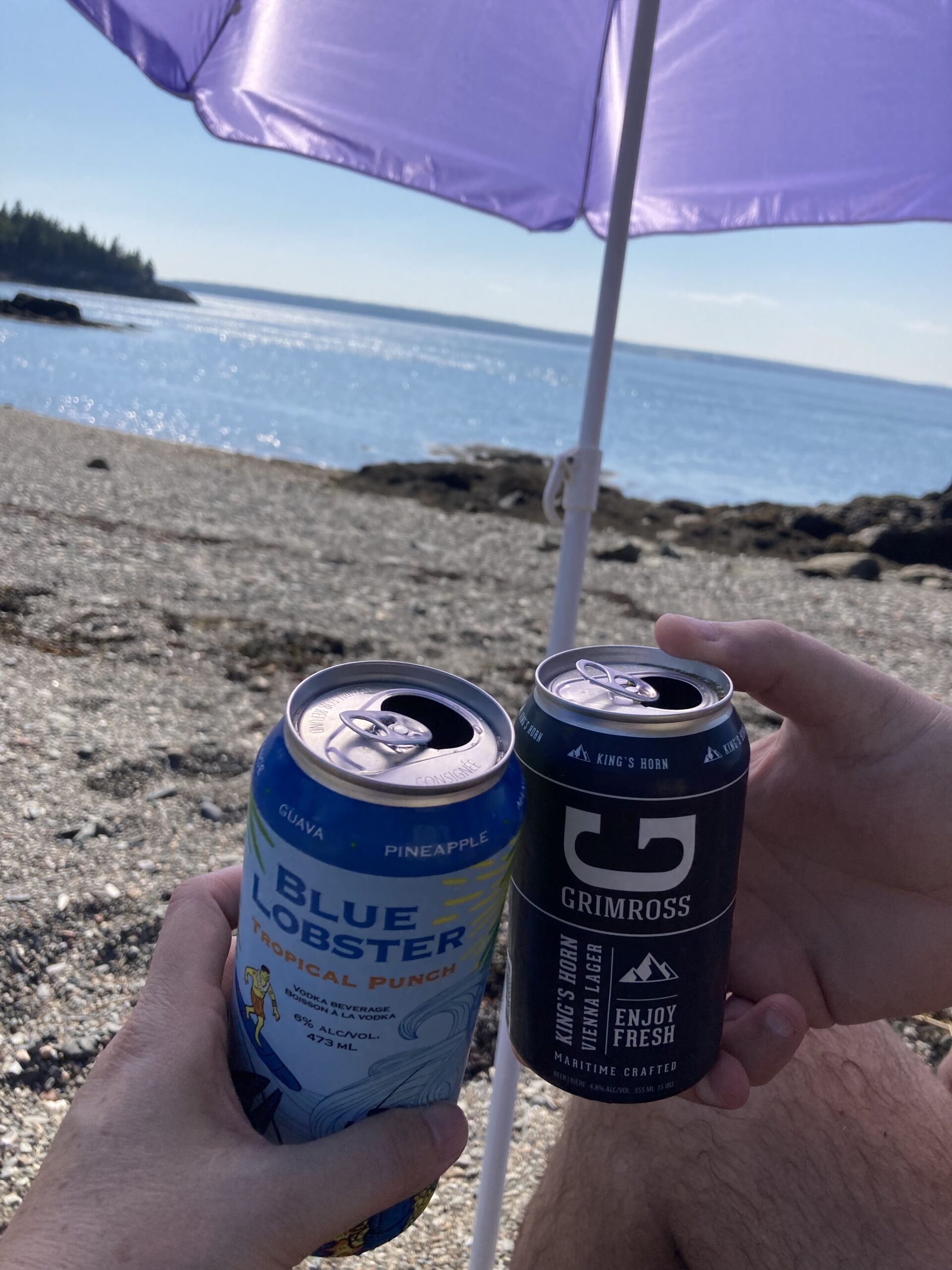Thinking about figuring out your life purpose seems a little overwhelming. Isn’t this something monks or Buddha’s spend a lifetime doing?
Here’s the thing.
Life has a lot to offer.
If you’re not clear on what you want it’s easy to get distracted.
If you’re distracted, you’re not getting what you want.
When you know your life purpose you:
- Make better decisions
- Have better outcomes
- Get what you really want more often
- Gain momentum in life
- Thrive
Excuses, Excuses
As humans, because our life purpose seems too big to get our arms around and figure out, we just don’t bother.
Perhaps we think it will come in time. It may come to us in a dream, or someday we will wake up and have a great realization about what we are doing here on earth.
Perhaps it comes with age and wisdom?
I honestly thought that I would never know my life purpose, and that I wasn’t meant to.
To me knowing was only for some elite crowd of enlightened people.
Personally, when I thought about my life purpose it was immediately followed with the thought that even if I knew my life purpose, I couldn’t follow it because…” insert excuse here”.
Excuses like:
I’m in school and don’t have any money.
I’m married and hubby wouldn’t be onboard.
I have kids and have to put their needs first.
I have a job and don’t have any time.
The truth?
It would probably have been more honest to say that, at that point in life, I really didn’t know what interested or excited me.
I was interested in things. I got excited about things.
I loved University and every new course.
I was thrilled to plan my 5-year old’s birthday party.
I couldn’t wait to dig into my next project at work.
Surely, those things weren’t my life purpose.
Maybe not, but they were clues to what would make me thrive in life. These things were meaningful to me in one way or another. (More on that in a minute.)
All I was lacking was clarity.
The BIG Year
2010 was a big year for me.
Two very pivotal life events occurred in pretty close proximity to one another, and it had me rethinking everything.
1. In the spring, my younger brother passed away from cancer in his 30’s.
The day he found out he had cancer they gave him three months to live. He died almost exactly 3 months to the day after he got his diagnoses.
It was a really hard time for our family.
2. In the summer, my 20 year relationship with my high school sweetheart ended.
We dated for six years and were married for 14 years.
I was 39 that summer. Technically, I had spent more than half of my life with him.
We had two little girls.
It was a really hard time for our family.
I suddenly had very first-hand experiences that taught me (a little harshly perhaps) that life is short, and nothing is permanent.
I realized we get one life to live, and we don’t control most of it.
Enough Drifting Through Life!
I had a very burning desire to get clear on my values and what I wanted out of life.
When I found a way to do that, everything changed.
It was at this point that I developed a mission statement that guided all my choices and decisions.
I got very clear about what I wanted out of life, even if I didn’t know how I was going to get it!
I had a focus in life.
My Life Mission Statement: I am a life-long learner who likes to explore opportunities and live simply.
Doesn’t seem very impressive, does it?
What does it even mean? How can that one sentence be my life’s purpose?
It was the process that I went through to get to that one-liner that puts all the meaning behind it.
I developed my mission statement 13 years ago.
It is still as meaningful to me today as it was then.
It is still as useful to me today as a guiding principle as it was 13 years ago. It aligns me with my values, my principles and my life’s purpose.
In my opinion, everyone who wants to thrive in life needs one.
The Process
If you read my Freedom post, I gave a little spoiler.
I went to Chapters and looked through the books they had on life purpose, values, and mission statements. Today I would probably go straight to the internet, but this was more than a decade ago.
I bought two books, but the one that really resonated with me was Life Purpose Boot Camp: The 8-Week Breakthrough Plan for Creatin a Meaningful Life by Eric Maisel.
You can buy the book, and I recommend that you do, but I will outline the basic process that I followed here.
It was, as the title suggests and 8 week process, however we had our life purpose statement at week 6. Week 7 was a bit of a bonus, developing an icon and a mantra to represent our purpose. Week 8 was instructions to go live your life purpose!
In reality, I spent an hour or less each week reading the chapter and doing a little exercise for the week. The rest of the week was spent reflecting on the exercise and tweaking my answers.
The book, of course, had a lot more background and direction, but I will highlight the 6 weeks to arrive at the mission statement. (If you are interested in more details or week 7 & 8, I’ll direct you to the book itself.)
Week 1: Creating your menu of meaning opportunities.
One of the things that I liked about the author’s approach is that he didn’t dive right into the BIG picture of life and life purpose.
The other book I had chosen, and some of the resources that I found on the internet focused on a list of values and ranking them, ultimately coming up with a short list. That’s really hard to do.
What’s a value?
I just Googled “list of values” and got back this link: Core Values List: The Only 216 Values You’ll Ever Need
That’s a long list!
I found it hard to separate values from virtues, emotions, morals, or beliefs. Is patience a value or a virtue? Is having a strong work ethic a value or a belief?
Semantics? Maybe, but I was trying to get clarity on my life purpose. All this confusion around values was not a good starting point.
Ranking values. Ugh.
The most important value to me depends on the situation in the moment. Consider honesty and kindness, two values that many people would consider important in life. How would you rank them?
Normally, in a difficult conversation honesty may be key. When speaking to a person who is grieving the loss of a loved one kindness may be more important than honesty. Although it may be honest to say to them “you will fell better in time” in that moment that isn’t what they need to hear.
Instead, the author asks the reader to make a list of things that they find meaningful. Big and small.
Examples might be:
- Reading to your child
- Meditating
- Sunday dinner with your parents
- Landing a million dollar account a work
It’s not hard to come up with a list.
I started by sitting and making an off-the-top-of-my-head list. As the week went on and I paid attention to what I was finding meaningful each day and I added to the list.
This list is your “menu” of meaning opportunities.
My Actual Menu of Meaning Opportunities (yes, I still have the notebook where I did these exercises)
-
- Parenting
- One-on-one time with Dear Daughters
- Career
- Clean & organized household
- Learning & professional development
- Volunteering
- Alone time/downtime
- Achievement & recognition for achievement
- Scrapbooking
- Work ethic
- Feeling supported & loved in a relationship
- Good food
- Contentment
- Confidence
- Enough sleep
- Financial independence
- Feeling joy
Week 2: Creating your mix of meaning opportunities.
At week two, there has still been no real effort to define our life purpose. The book just talks about the importance of introducing opportunities for meaning into our life or making “investments in meaning”.
It also tells us that there is no guarantee that the opportunity will actually result in meaning. To build on the example above, reading to your child might feel meaningful one day but more like a chore the next day.
The book spends time talking about all the things that can get in the way of value-based meaning-making (a term the book uses a lot). Things like:
- Ignoring our values (taking the high-paying job for a company that harms the environment)
- Desires (throwing away a marriage on an affair)
- Not knowing which value to uphold (moral dilemma)
- Lack of motivation (indifference)
- Time pressures (who has time to do meaningful things in this rush-rush world???)
Knowing that things get in the way, we are tasked with trying to come up with a “meal plan” from our “menu” that will fit into real life.
I read the chapter on a Saturday and created a mix for the next four days: Sunday through Wednesday. I have no idea now why I didn’t do the full week.
I was mindful to make sure I included things that I knew had to happen in those days (meaningful or not) because, of course, I had already committed to certain things. The whole point was to organize a mix of meaningful activities that would actually work in the real world.
I kept it pretty simple. This is what I had written in my notebook. (I had no idea at the time that I would be sharing this with the world a decade later or I might have made it a little more eloquent!)
Day #1
-
- Housework
- Shopping with Dear Daughter
- Dinner with Brother & Sister-in-law
- Vacation planning with friends
Day #2
-
- Laundry
- Work
- Gym with Dear Daughter
- Read
Day #3
-
- Clean bedroom
- Work
- Trim Dog
- Self time
Day #4
-
- Work
- Trip to Credit Union
- Eat out
- Early to bed
Naturally, our task for the week was to live this mix and reflect on it at the end of the week by writing down our thoughts and answering a few specific questions.
Week 3: Upgrading your personality.
At week three the author tells us we will start to “name and frame” our life purposes in a few weeks.
Since this is only a 6 week proposition, I’m starting to get nervous.
The work has been super easy (and really kind of fun) so far, but surely I’ll have to do some HARD work if I’m going to figure out my life purpose!
The book says that if you want to live your life purpose, you need to become a person equal to the task, and that means a personality upgrade.
The gist of this chapter is that every has three personalities.
- The original personality that you are born with (nature/temperament)
- The formed personality that you developed (nurture/environment)
- The available personality that is still free to you to change and grow (undeveloped potential)
The task for the week is to decide what kind of person you want to be by examining your original and formed personalities, and use your available personality to become that person.
What makes you defensive? What habits of mind are counter-productive? How do you tell your own story? How emotional do you allow yourself to be? What are your real strengths? Do you really value all your values?
I had three pages of notes in my notebook on this topic!
To summarize, the personality upgrades that I identified for myself were:
I procrastinate when:
-
- it is something that I don’t really know how to do/how to approach
- it is something that I am not good at
- it is something that I must do because I obligated myself because I didn’t say NO even when I really wanted to
I struggle to finish projects. I get things to a certain point and then lose interest or just keep pushing it down on my priority list. This is different from procrastination as I am often very passionate about these projects when they get started.
I have a habit of mind that I am not an evening person and/or need a solid chunk of time to “do” anything. I prevent myself from getting things done by telling myself that I can’t do anything productive in the evening because “I am not an evening person”. I also get in my own way of doing things by telling myself I have to have enough time to do a task all at once, rather than chipping away at it.
I wrote out how I would address or change these things about myself. Finally, I acted on those changes.
If I’m being honest, I still struggle with accomplishing things in the evenings. Still working on that personality upgrade more than a decade later!!
Week 4: Dealing with your circumstances.
Week 4 arrived, and there was still no talk about life purpose. Nope. We were focusing on “looking truth in the eye” so that we could be in a better position to make meaning and choose our life purpose.
I’ll admit it. At this point, there were only 2 weeks left before creating our life purpose statement and I didn’t think this would be enough time to figure out my life purpose.
However, the reading and exercises were easy, so I kept going.
We were asked to write our circumstances.
I wrote:
My circumstances are good. I have a good job with very good pay that is close to home. I like the people I work with and feel an especially strong connection with the co-worker I have the most contact with. The downside is it isn’t very challenging at the moment. However, a new boss this year could change that or result in changes.
My finances are in good shape. I would like to have more saved for Dear Daughters to go to school but I know student loans will be a possibility. I wish I had more paid off on my mortgage because interest rates are due to rise, but that is what it is.
I have a relatively simple life, although I would like to simplify it more. I work where I live. I live below my means and put away savings every month for education and RSP’s and other.
I like my house. It needs updating but the location is prefect for the girls being in school. If I could, I would get into something cheaper.
I am also sole provider for Dear Daughters so I must be careful not to risk their security. The girls are smart and make it easy to be a mom.
I also have a cute little dog to consider, but she is pretty flexible.
In the summer I love to canoe with my Leading Man. I find it very peaceful and relaxing. He and I usually take a trip every year. We travel well together and always have fun.
Then we were asked to answer some other questions. In my notebook I wrote the questions and answers.
The questions I had jotted down were:
Which circumstances do I really hate looking at?
Do I spend time worrying about circumstances that don’t affect my ability to life my life purpose?
Would a new attitude help the situation?
How to change or positively influence circumstances negatively affecting me?
New circumstances looming?
Way to communicate with myself and track my circumstance.
Week 5: Naming Your Life Purposes
Finally. The meat of the book and what I had been waiting for.
Shock!
The author tells the reader what he would like me to choose as my life purpose.
Wait. What?
Why all the exercises and steps if he was just going to tell us our life purpose? Furthermore, he doesn’t know me. He can’t pick my life purpose.
Page 94, about three quarters of the way down the page says, “I would like you to choose “making value-based meaning” as your life purpose.” He then goes on to make his arguments as to why.
I get where he was going, but I wasn’t going there with him. It is a one-size fits all life purpose. Not too restrictive. Keeps you on your toes looking for meaning opportunities. Makes you feel like you are living authentically.
Nope. I wanted my own, original, life purpose.
Thank goodness he gives a little example about Janet and her story. Janet examines various aspects of her life and makes decisions about how she wants to live going forward. Janet decides on things like choosing meaningful work, living ethically, and showing up bravely and really standing up in life. He suggests that we could make an attempt at doing the same.
He grants permission to use whatever method works – a list, a paragraph, a sentence or two.
I wrote:
- I am a life-long learner.
- The idea of options/choices excites me = opportunities.
- I want to live simply. I don’t need a lot of stuff or to do a lot of stuff to be happy.
- I do not value money.
- I do value independence (financial & otherwise).
- I like the feeling that I am unique, live according to my own values, don’t just follow the trends.
We are told we will refine our attempts next week, so I left it here.
Week 6: Creating your life purpose statement.
This week the author directs us to come up with a simple way of remembering our life purpose – a life purpose statement that captures the essence of our many life purposes. A sentence or two. Not more than a paragraph.
There are 20 quotes in the book to use as inspiration and guidance. I’ll share a few of them here. Some of them are likely familiar to you.
“To be yourself in a world that is constantly trying to make you something else is the greatest accomplishment.” (Ralph Waldo Emerson)
“It is our choices that show what we truly are, far more than our abilities.” (J.K. Rowling)
“Life isn’t about finding yourself. Life is about creating yourself.” (George Bernard Shaw)
“Life is what we make it, always has been, always will be.” (Grandma Moses)
“The purpose of life is a life of purpose.” (Robert Byrne)
He also tells us to reflect back on our exercises on the menu and mix of meaning opportunities, upgrading our personalities, facing our circumstances, and how we named and framed our life purposes last week.
In my notebook I had seven versions of what I have come to refer to as my mission statement. Some were developed in succession and others came to be after living with an iteration for a few days or longer. The last three were added after I finished week 7 & 8 exercises.
The final iteration is the one that stuck.
Iteration #1 As a life-learner I will explore opportunities, live simply, independently, and make my own unique value-based meaning.
Iteration #2 My life’s purpose is to be a life-long learner, explore opportunities, live simply and independently and make my own unique value-based meaning.
Iteration #3 My life’s purpose is to be a life-long leaner, explore opportunities, live simply and make my own unique meaning.
Iteration #4 My life purpose is to be a life-long learner, explore opportunities, live simply, and be unique.
Iteration #5 My life purpose is to be a life-long learner, explore opportunities, live simply and uniquely.
Iteration #6 My life purpose is to be a life-long learner, explore opportunities, live simply and according to my values.
Iteration #7 My life purpose is to be a life-long learner who explores opportunities and lives simply.
The weeks, months, and years that followed, I have followed my mission statement.
It became easy to simplify because I knew what was most important to me and could give up everything else.
It guides my choices and decisions. I choose options (work, hobbies, relationships, etc.) that help me to learn and to explore.
My Challenge for You
Get clarity on your life purpose by developing your own life purpose statement.
Use this method, buy the book, or find another source to follow but don’t go any further in life without a mission statement.
You can know your life purpose, and living it is truly incredible.
Don’t miss out on this!

Want free gifts...just because?



